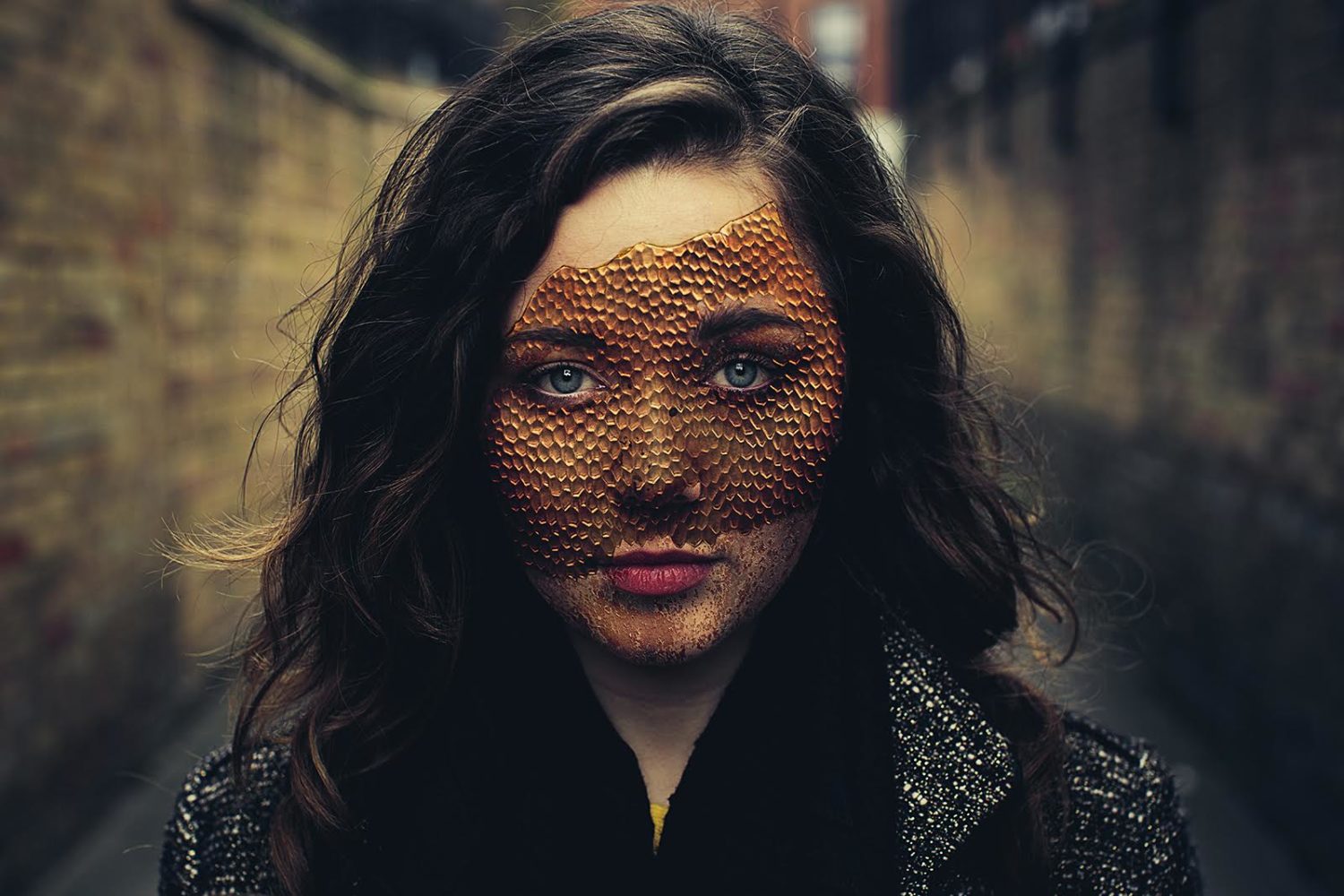Plunge any average Joe into the world of pharmaceutical innovation and chances are, they’d have a tough time navigating it. When it comes to novel treatments like Zuranolone for Major Depressive Disorder (MDD), there’s much more than meets the eye. So, when we got the news that the Food and Drug Administration (FDA) declined to stamp their approval on Zuranolone, it, naturally, left us all scratching our heads. Why wouldn’t it pass, and what does this refusal mean for the future of psychedelics?
The Story
So, who are the players here? Meet Sage Therapeutics and Biogen, developers of Zuranolone, intending to redefine the treatment landscape for MDD. Hold on a second…wasn’t this supposed to be about psychedelics? Indeed it was, and indeed it still is. The connection here is that Zuranolone is not an everyday SSRIs or SNRIs, it’s a little…different.
What’s so special about Zuranolone?
Zuranolone is a bit of a maverick drug, going against the grain of traditional treatment methods. As a once-daily pill, it falls under the class of neuroactive steroids, but its targeted action on the brain’s most prevalent inhibitory neurotransmitter, GABA, is what’s turning heads. This unique approach had been posed as a new dawn for MDD treatment and could have been a great sign for psychedelic-based therapies, given their unconventional treatment routes.
But it didn’t go as planned…
Unfortunately, the golden ticket of FDA approval was not to be in Zuranolone’s case. Despite its ambitious treatment design and early promise in clinical trials, the FDA was left unconvinced. It was a damp squib. It didn’t pack the punch needed to leap over the finishing line.
What does this mean for psychedelics?
You might be thinking: “all this Zuranolone talk is great, but how does this influence the fate of psychedelic substances?” Well, herein lies our big question. The refusal of Zuranolone’s approval highlights a stumbling block that many other novel treatments, like those involving psychedelics, may well have to face.
Frequently Asked Questions
Are psychedelic substances being considered for treating MDD?
Yes, in recent years, psychedelic substances like psilocybin (the active ingredient in “magic mushrooms”) have been researched as potential treatments for MDD. They have shown promise in early-stage clinical trials.
What’s the hurdle for psychedelic treatments?
The main obstacle is primarily the stigma associated with their use in recreational settings and their current legal status but the regulatory challenges posed by the Zuranolone case highlight another potential pitfall: they must conclusively prove their efficacy and safety.
Where do we go from here?
The road to acceptance and approval for non-traditional treatment routes is a long and winding one. Despite the Zuranolone setback, the race isn’t over yet. This is just a chapter in the story, not the full book. With each hurdle, comes learning, and with each setback, an opportunity for resurgence springs. The world of psychedelics in MDD treatment is far from closed.
Ready to bounce back?
While Zuranolone’s refusal may be seen as a setback, there’s a silver lining. It serves as a clarion call, paving the way for future work, including psychedelic treatments, to consider these challenges and adequately address them. So, with our feet firmly planted, the question now is, are we ready to bounce back?

